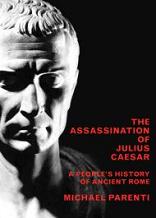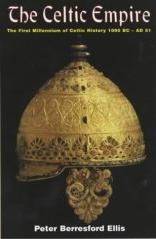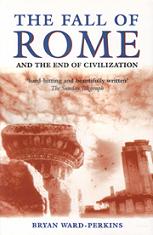
The Assassination of Julius Caesar
Michael Parenti
276 pages including index
published in 2004
All history is interpretation. That simple truth is hammered home in this book, The Assassination of Julius Caesar, offering a radical new context for the events of the fifteenth of march 44 BCE. The facts remain the same, but the assumptions with which Michael Parenti looks at the murder of Julius Caesar differ so much from the classical interpretation that almost an entirely new history is revealed. It’s a powerful antidote against so much pop history presented as if free from any social and ideological context, usually because it’s written from the safe cocoon of the dominant ideological assumptions of the day.
I picked up The Assassination of Julius Caesar when I saw it in the local library because I recognised it from a review Resolute Reader did two years ago. He described it as an antidote to the much more common interpretation of Roman history as the tales of great men. What Parenti does instead is to place the murder of Julius Caesar in the context of the class struggle going on in the late Roman Republic.


